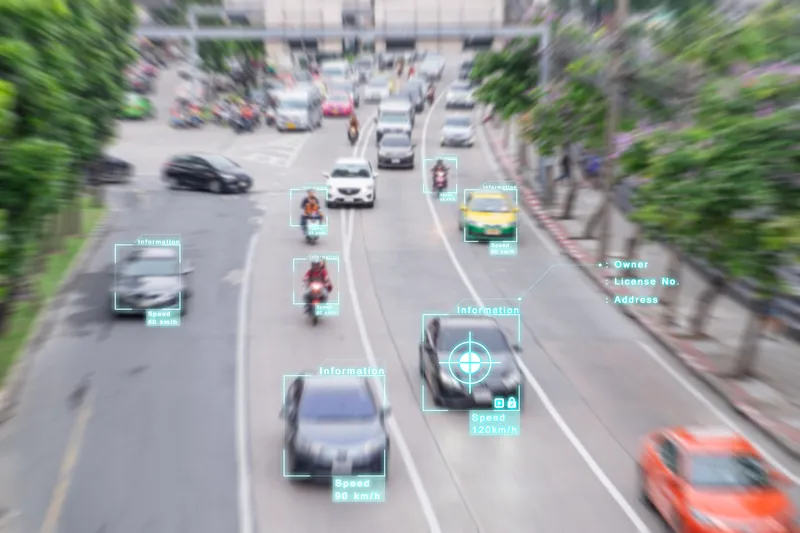
Kapsch TrafficCom says it is expanding its artificial intelligence (AI) 'annotation' function to Chile.
Annotation is the addition of information and labels to data and is one of the fundamental requirements for modern AI - because the “intelligent” systems must be trained before they can work independently.
The team now in Chile is an extension of the project team in Vienna, Austria, where people with autism work to train the image recognition AI of Kapsch TrafficCom. It is part of the automatic number plate recognition and vehicle classification software that is used for various tolling and traffic management applications.
Annotation requires a high level of detail orientation and endurance - skills often found in people with autism, the firm says. The project has been running successfully since 2019 and is now expanding into South America.
“I am very proud that we are bringing our AI initiative to Latin America - in a way that is not only inclusive, but gives us a unique competitive advantage,” said Samuel Kapsch, regional head for Latin America at Kapsch TrafficCom. “There is no other company in our region that undertakes a similar initiative.”
“People with autism are severely disadvantaged in the labour market, but they have exactly the skills that we need for this type of work, making this a win-win for everybody,” he added.
Annotation is a growing market, as AI is becoming more and more important across multiple sectors. Kapsch TrafficCom said it has beeb involved in the development of AI for many years and is successfully deploying its image recognition AI for many clients worldwide.
The firm has been active in Latin America since 2000 and has now implemented projects in 10 countries and 19 cities in the region, being led by Samuel Kapsch. The focus is primarily on modern tolling systems and intelligent traffic management solutions for highways and inner cities to avoid congestion and reduce emissions. With the annotation team, AI development will also play a growing role in Latin America.











